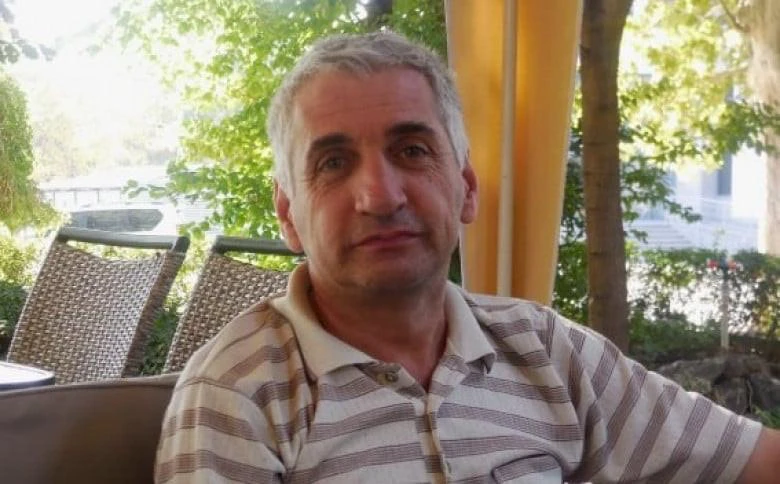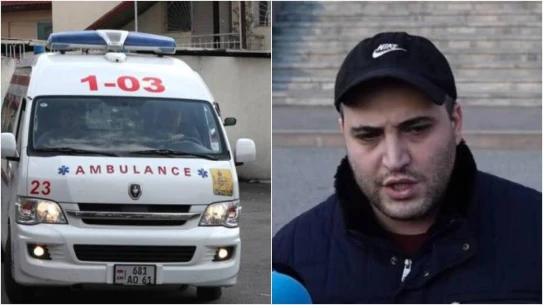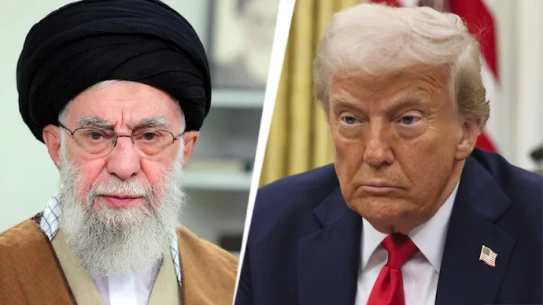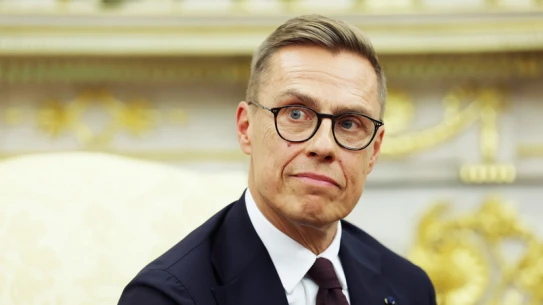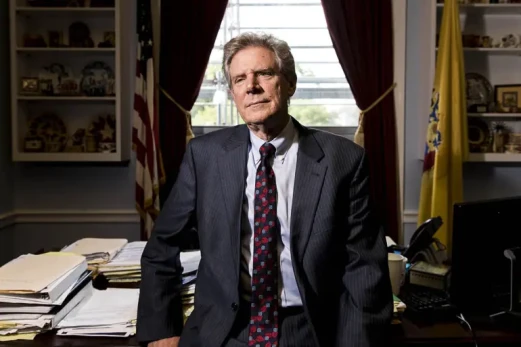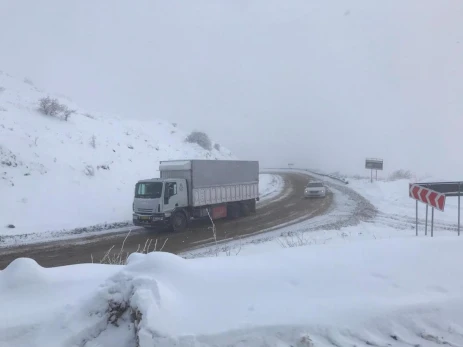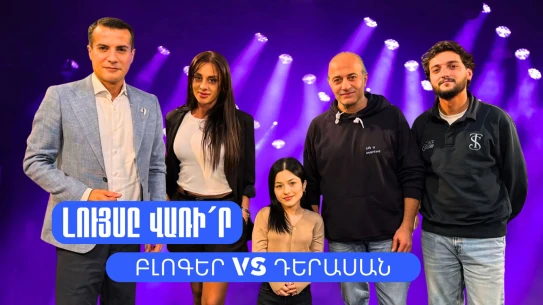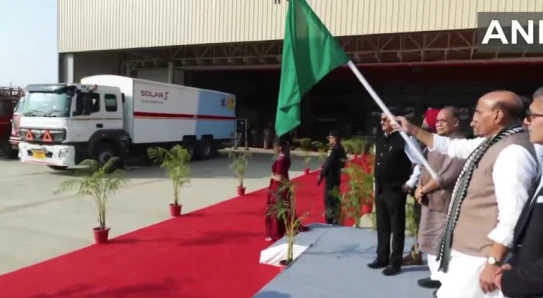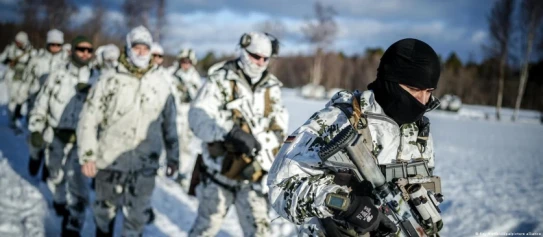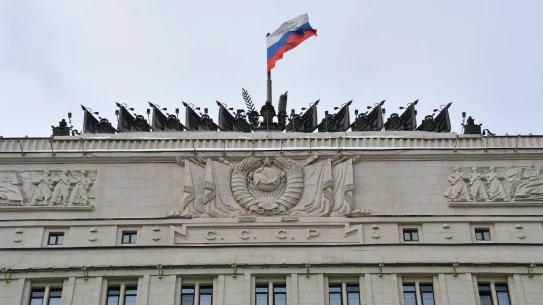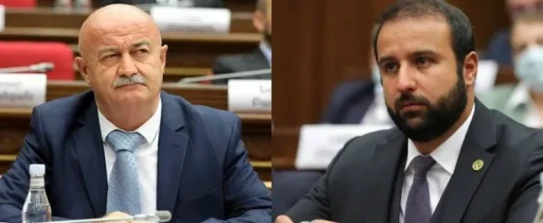"Fact" daily writes:
The COP29 conference held in Azerbaijan was an opportunity to speak about our prisoners of war held in Baku, the military-political leadership of Artsakh.
Political analyst Ruben Margaryan says, if we look at the path taken by the issue of the return of prisoners, we will see that the Azerbaijani side was the leader.
"The tripartite declaration was signed, the prisoners were supposed to be returned "for everyone". Baku says that the prisoners, who are not returned, were captured after the tripartite declaration.
But it is not like that, there are people who were captured during the war. Al Yosha Khosrovyan and Ludvig Mkrtchyan were captured in October, they were sentenced to prison, because, according to the Azerbaijani side, they are "war criminals" and allegedly used torture during the first Artsakh war. etc.
But the tripartite statement did not say that there was a distinction between the prisoners, "everyone against everyone" should return home. When the government changes, perhaps the "separation" will show why the Armenian government was loyal to the whims of Baku, that they will release whomever they want. , whom they don't want, they won't leave.
There is no logical answer to this question," says Margaryan in an interview with "Pasti".
He recalls that last year, when Azerbaijan "released" Gyumri prisoners, it was on the condition of Azerbaijan that Armenia would be in favor of holding the COP29 conference in Baku.
"It should be decided unanimously where the conference will be held. Armenia gave up its right to veto and agreed to hold the event in Baku.
Baku needed it to show the whole world how Azerbaijan is developing, to make accusations against Armenia and, so to speak, "water" the Karabakh issue.
32 prisoners returned to their homeland under this condition.
Arayik Harutyunyan said that the Armenian maps did not correspond to the Azerbaijani maps, the boys were captured near Khtsaberd.
They were taken there, the Azerbaijanis said: no, this is our territory, they were taken prisoner. They did not even participate in war operations, they were "innocent prisoners" who were brought at the last moment, after the war, to a place that the Armenian side thought was theirs, the Azerbaijanis. they said no, it's ours, and they took the boys captive.
We are dealing with some capricious, baseless operation," our interlocutor notes. He emphasizes that, at this stage, in addition to the military-political leadership of Artsakh, we also have prisoners in Baku.
"There are people who have already been tried on all kinds of charges. It is Baku's whim, they will consider them prisoners, they will consider them criminals. And what is the Armenian government doing?
He does not officially raise the issue of prisoners, he tries to convince everyone that he does not raise it, but some work is being done "underneath" and some forces from outside are raising the issue.
If they are afraid of some reactions from Azerbaijan, they can talk about these issues with diplomatic options, it should be on our agenda, and it should be talked about regularly so that the world knows that there is an interest.
Recently there was a leak, which the authorities did not deny, when Pashinyan and Aliyev met, the issue of prisoners was raised.
Aliyev asked Pashinyan sarcastically, "Why don't you ask Ruben Vardanyan's question?" Pashinyan replied, "We don't because we know you won't let it go."
The government of Armenia should publicly express a clear position so that it will be easy for the rest to defend this issue.
"There were ridiculous accusations. As Armen Rustamyan said, the opposition is being accused of not wanting to resolve the issue of prisoners when the brother of the opposition MP Gegham Manukyan, Davit Manukyan, is imprisoned," adds the political analyst.
Various statements of the current authorities are not so surprising as they convey a feeling of how difficult it will be to turn the wheel of events back after the change of power and do something in favor of our state.
The head of the foreign policy department says: "The Artsakh issue and the recognition of the Genocide are not among the priorities of our agenda. "When the government changed, it will be very difficult to turn it back, the next government will face many big problems.
There is something characteristic of these authorities in this process of pretending to be peace-loving: they don't choose their words. This has probably been passed down from Nikol Pashinyan.
In the National Assembly, Deputy Minister of Foreign Affairs Paruyr Hovhannisyan slightly corrected Ararat Mirzoyan's statement, as if he meant that at the moment these issues are not a priority, rather they don't exist at all.
The authorities are not opposed to the Diaspora dealing with these issues, but they should deal with it in such a way that no shadow falls on them, for example, when talking to Erdogan, they say that they have nothing to do with anything, the allies and others raise these issues.
The old structures dealing with these issues in the diaspora understand what is happening in Armenia, what is the position of the government and will not be deterred by similar statements and will continue to raise these issues.
But, of course, all that creates an atmosphere and affects people and does not remain without consequences. People's psychology is formed, changes are made, and then it will be difficult to restore all that when we stand up.
Our history has shown that when Armenia raised all these issues, it was several times safer than now, when it does not raise any issues and says that it is the most peace-loving.
Armenia's positions were the strongest when there were specific questions about both the Genocide and Artsakh.
We had allies then. And now, when you don't demand anything from anyone, what does the ally do? The "peace agenda" that Nikol Pashinyan shows everyone, you don't even know why.
Let's say, what does the prime minister of Slovakia have to do with all this?
"The exes" implemented the idea of "Artsakh is Armenia and that's it" without saying anything, and Nikol did the opposite, started talking, but we saw the result, what happened," concludes Ruben Margaryan.
Lusine Arakelyan
















